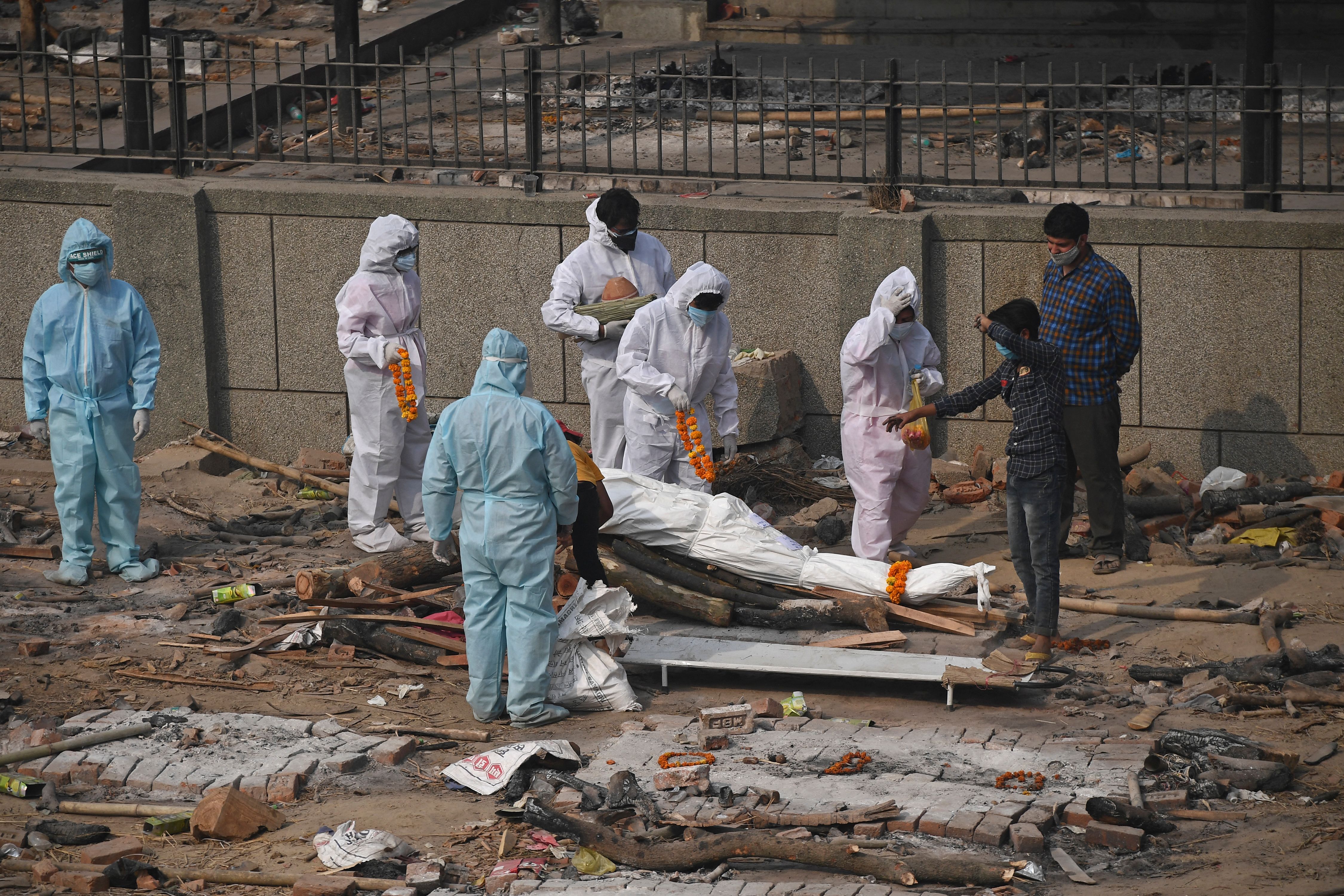Covid safety concerns after Indian police gather for mass steam inhalation ‘to fight virus’
Many warned the practice was dangerous and would help spread Covid

Your support helps us to tell the story
From reproductive rights to climate change to Big Tech, The Independent is on the ground when the story is developing. Whether it's investigating the financials of Elon Musk's pro-Trump PAC or producing our latest documentary, 'The A Word', which shines a light on the American women fighting for reproductive rights, we know how important it is to parse out the facts from the messaging.
At such a critical moment in US history, we need reporters on the ground. Your donation allows us to keep sending journalists to speak to both sides of the story.
The Independent is trusted by Americans across the entire political spectrum. And unlike many other quality news outlets, we choose not to lock Americans out of our reporting and analysis with paywalls. We believe quality journalism should be available to everyone, paid for by those who can afford it.
Your support makes all the difference.Indians have expressed shock and anger after photos of a mass inhalation facility at a police station surfaced online. The facility was created in a bid to avoid Covid-19 infections at the station.
The police station at Barke, Mangaluru in Karnataka introduced the mass steam inhalation facility for personnel and visitors and as many as three people can use the facility at a time.
Jyotirling Honakatti, the police inspector who came up with the idea, told media that he practised steam inhalation at home and that he took insights from Ayurveda and Naturopathy therapists before getting the steam inhalation facility installed at the police station.
In India, numerous WhatsApp messages and social media posts have been asking people to inhale steam as a way to prevent Covid-19. However, there is no scientific basis for that.
The mass steam inhalation facility comprises a steel pipe with four openings. The steel pipe has been tied to a wooden frame. “Visitors and police personnel can inhale steam from the three vents or openings,” the news said. The fourth opening is connected by a rubber pipe to a pressure cooker which then “supplies steam to the steel pipeline”.
The original photo of police participating in mass inhalation was shared by the ruling Hindu nationalist Bharatiya Janata Party national general secretary, B L Santhosh. He tweeted: “Another mass steam inhaling arrangement. This time from Barkey Police Station, Mangaluru. #IndiaFightsCorona.”
Vinay A. Gaonkar, the deputy commissioner of police in Mangaluru said: “Steam inhalation clears lungs and helps during this time.” He told local media that “this is a measure to avoid getting the disease”.
Health experts have called in question the move by the Mangaluru police claiming it gives out a wrong message to the public.
Dr K Lakshman, who is a consulting surgeon in a Bengaluru hospital told the media: “Any mass gatherings such as this, without masks, can allow the virus to spread. It is a danger to the population. It is best if it can be avoided.” He added: “In this pandemic situation, science has taken a backseat. For anything that is scientific, there has to be some evidence and this steam inhalation has no evidence of being useful.”
One social media user commented: “This is a criminal offence, masks being removed in a group with strenuous inhalation & exhalation being conducted. The organisers, enablers & participants all are in violation of Covid safety norms. How was this even allowed?”
On Sunday, the official number of Covid-19 deaths in India was recorded at 3,689 — the highest number since the pandemic began.
However, there are numerous reports suggesting that the Indian government is severely under-reporting the actual number of Covid deaths.
According to ministry of health and family welfare figures, India has just seen the deadliest week of the pandemic yet recording at least 260,000 new Covid positive cases and nearly 23,800 deaths in the past seven days.
Join our commenting forum
Join thought-provoking conversations, follow other Independent readers and see their replies
Comments